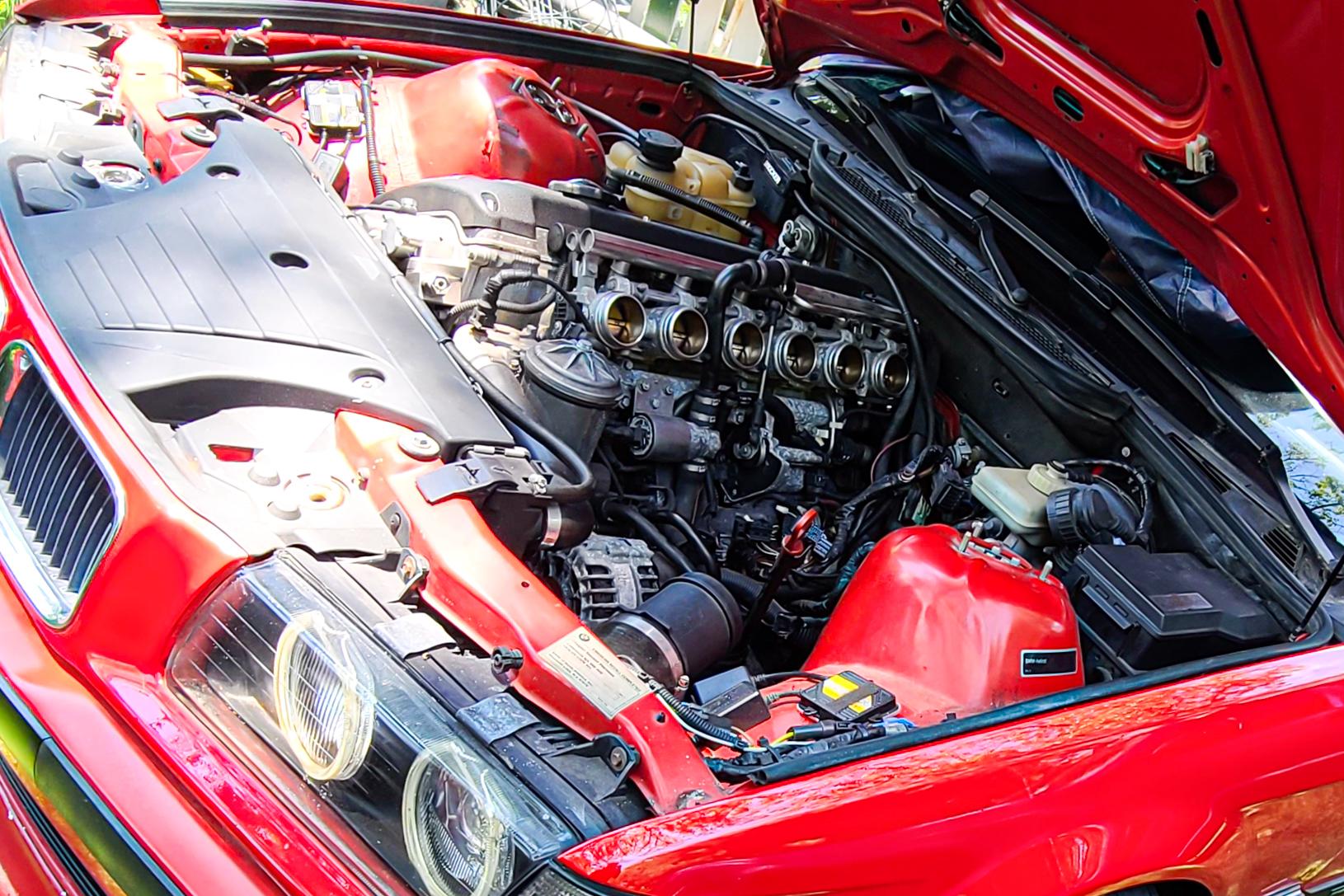Why the BMW 318ti Is a Leading Selection for Vehicle Lovers
Why the BMW 318ti Is a Leading Selection for Vehicle Lovers
Blog Article
Essential Considerations for Picking the very best Engine for Your Requirements
In the realm of choosing the perfect engine to satisfy your needs, a number of critical aspects demand meticulous factor to consider to make sure optimal efficiency and effectiveness. From the nuanced equilibrium in between power and efficiency to the often-overlooked aspects of upkeep and solution requirements, each facet plays an essential duty in establishing the most suitable engine for your specific requirements.
Power and Performance
When reviewing engines for optimum efficiency, it is crucial to prioritize both power output and performance. Power output gauges the capability of an engine to produce energy, which directly impacts its efficiency. A high power result is essential for requiring jobs such as sturdy applications or high-speed needs. It makes sure that the engine can take care of the work successfully and effectively. Power alone is not sufficient; efficiency plays a substantial function in identifying the general efficiency of an engine. Efficiency describes exactly how well the engine converts gas right into usable energy. A much more reliable engine will certainly deliver far better gas mileage, lower exhausts, and minimized operating expense. Striking the appropriate equilibrium between power outcome and efficiency is vital to selecting an engine that fulfills your specific demands. When making this decision, it is essential to consider variables such as the intended usage of the engine, environmental effect, and long-term expense effects. By meticulously examining both power and efficiency, you can select an engine that supplies optimal efficiency and meets your demands effectively.
Fuel Efficiency and Economic Situation
Gas efficiency refers to the engine's capacity to transform gas into energy with minimal waste, straight influencing operating prices and environmental sustainability. Engines with higher fuel efficiency not only lower gas costs yet additionally reduce carbon discharges, contributing to a greener procedure.

Compatibility and Application
Thinking about the gas effectiveness and economy of an engine, the following essential facet to address is its compatibility and application within specific functional contexts. Compatibility refers to just how well the engine integrates with the general system or tools it powers.
Furthermore, the application of the engine is similarly essential. Different engines are designed for details objectives, whether it be industrial machinery, marine vessels, vehicles, or power generators. Comprehending the desired application enables the selection of an engine that can provide the necessary power result, torque, and functional characteristics. A high-revving engine created for efficiency autos would certainly not be ideal for sturdy building and construction tools that requires high torque at reduced rates.
Upkeep and Solution Requirements
Upkeep and solution requirements play a critical role in ensuring the longevity and ideal efficiency of an engine. Normal maintenance is important to prevent break downs, prolong the life-span of the engine, and maintain its efficiency. When selecting an engine, it is essential to consider the manufacturer's suggested upkeep timetable and the schedule of solution facilities or qualified service technicians.
Variables such as the frequency of oil adjustments, filter substitutes, and general evaluations can substantially influence the engine's efficiency. Some engines might require more frequent servicing based on their layout and use, while others might have longer periods in between upkeep checks. It is vital to adhere to these service requirements to avoid costly repairs and unexpected downtime.

Expense and Budget Considerations
Budget plan constraints typically play a substantial function like it in the decision-making process when selecting an engine for a particular application. When considering the expense and budget effects of choosing an engine, it is vital to examine not only the preliminary purchase cost but likewise the long-term costs connected with upkeep, fuel usage, and potential upgrades or repair services. It is essential to strike an equilibrium in between the in advance price of the engine and its general lifecycle prices to guarantee that the selected engine remains economically sustainable throughout its functional lifespan.
Elements such as fuel sturdiness, effectiveness, and reliability can directly influence the overall cost of possession of an engine. While a more pricey engine might have higher in advance costs, it could possibly result in lower upkeep and fuel expenses over time, therefore offering much better value in the lengthy run.
Final Thought

Gas efficiency refers to the engine's capability to transform fuel right into energy with minimal waste, straight impacting operating expenses and ecological sustainability.Factors influencing gas performance include engine style, combustion performance, and total performance you could check here optimization. Furthermore, investigate this site selecting the proper gas type and quality as suggested by the engine manufacturer can better improve effectiveness and prolong engine life expectancy.
Engines with great service functions and easily offered components can reduce maintenance costs and reduce the time the engine is out of operation - bmw 318ti. It is critical to strike an equilibrium between the in advance cost of the engine and its total lifecycle costs to make sure that the chosen engine stays monetarily lasting throughout its functional life-span
Report this page